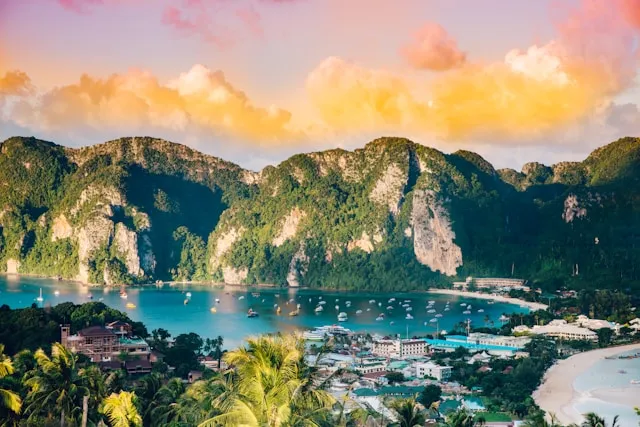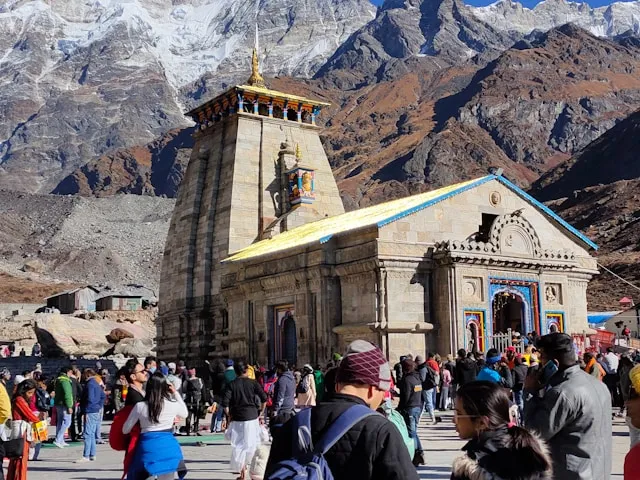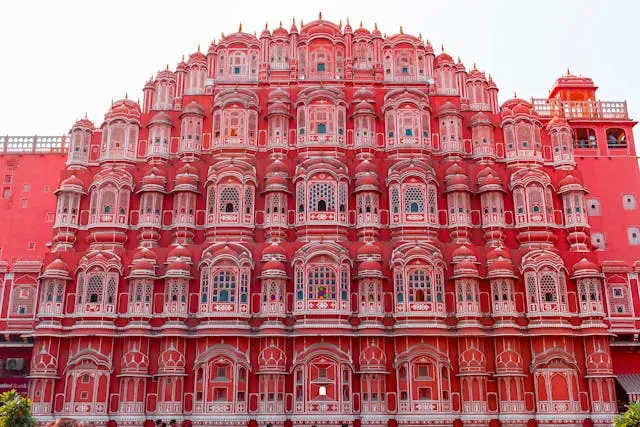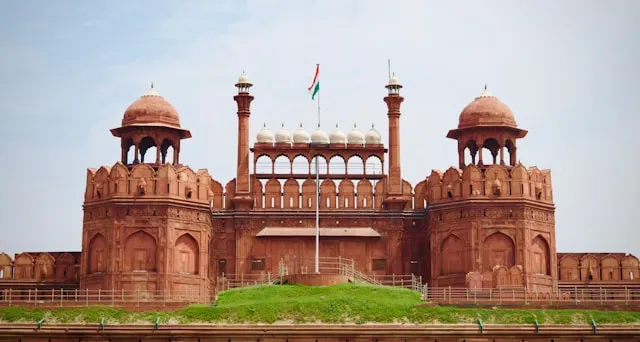Hampi Temple Travel Guide
Hampi
About Hampi Temple Travel Guide
Destination Overview – Hampi
Hampi, located in Karnataka, is one of the most striking historical destinations in India. Once the glorious capital of the Vijayanagara Empire, Hampi is now a UNESCO World Heritage Site known for its majestic temples, giant boulders, and rich ruins. The surreal landscape blends history, mythology, and architecture — perfect for heritage explorers, backpackers, and photographers alike.
Hampi offers a spiritual and historic journey through ruined temples, market streets, palace basements, and sacred riverbanks.
Top Attractions & Places to Visit in Hampi
Virupaksha Temple – The oldest functioning temple (dedicated to Lord Shiva)
Vittala Temple – Known for its iconic stone chariot and musical pillars
Hemakuta Hill Temples – Ideal for sunset views
Achyutaraya Temple – Lesser known, but architecturally impressive
Sasivekalu Ganesha & Kadalekalu Ganesha – Massive monolithic statues
Queen’s Bath – A beautiful Indo-Islamic royal bathing complex
Lotus Mahal – Unique architectural blend inside the Zenana Enclosure
Elephant Stables, Hazara Rama Temple, and Royal Enclosure
Best Time to Visit Hampi
Ideal Months:
October to February – Cool, pleasant weather ideal for sightseeing
Avoid:
March to May – Hot, dry, and harsh temperatures
June to September – Rainy and humid, though greener views
Special Event:
Hampi Utsav (November) – Cultural performances, folk dances, and music in a grand historic setup
How to Reach Hampi
Nearest Airport:
Hubli Airport (167 km) or Bengaluru Airport (350 km)
New Jindal Vijaynagar Airport (JSW) near Toranagallu (40 km, limited flights)
By Train:
Hospet Junction (13 km) – Well connected to Bengaluru, Hyderabad, Goa
Taxis/auto-rickshaws available to Hampi
By Road:
Well-connected by buses from Bengaluru, Hospet, Goa, Hyderabad
Accessibility for Differently-Abled Travelers
Some temples have uneven terrain and stairs, but main sites like Virupaksha Temple and Vittala Temple are partially accessible. Carry a folding stool or rent e-scooters for easier mobility.
Things to Do & Experiences
Heritage walk through Hampi Bazaar
Witness sunrise or sunset from Matanga Hill or Hemakuta Hill
Enjoy coracle rides on the Tungabhadra River
Explore temple ruins on a bicycle or rented scooter
Attend the evening aarti at Virupaksha Temple
Visit Anegundi Village across the river for rural charm
Try bouldering and photography in the surreal landscapes
Accommodation Options
Luxury:
Evolve Back Hampi (Kampli Road)
Hyatt Place Hampi (Toranagallu)
Mid-Range:
Hampi Boulders Resort
Clark's Inn Hampi (Hospet)
Budget:
Gopi Guest House
Rocky Guest House
Shankar Homestay
Local Cuisine & Dining
Must Try:
South Indian thali, filter coffee, dosa, paddu (local dish)
Banana leaf meals, Ragi Mudde with sambar
Recommended Cafes:
Mango Tree (iconic riverside cafe)
Gouthami Guest House Café
Chillout Café (hippie vibes, fusion food)
Travel Tips & Safety
Carry sunscreen, hat, and water – it's a sunny terrain
Footwear must be removed at temple entrances
Beware of monkeys near food stalls
Hire local guides or use audio guides for deeper insights
Carry cash – limited ATMs and poor card connectivity in some cafes
Weather & Packing Suggestions
Winter (Oct–Feb): Light layers, scarf, walking shoes
Summer (Mar–May): Cotton clothes, cap, sunglasses
Monsoon (Jun–Sep): Raincoat, non-slippery sandals
Essentials to Pack:
Reusable bottle, flashlight, power bank, camera, walking stick (optional)
Currency & Connectivity
UPI widely accepted in most places
Patchy mobile signal near river and ruins
ATMs available in Hospet, limited in Hampi
Some cafes offer free Wi-Fi
Suggested Itinerary for Hampi
2N/3D Sample Itinerary:
Day 1: Arrival → Virupaksha Temple → Hampi Bazaar → Sunset from Matanga Hill
Day 2: Vittala Temple → Elephant Stables → Lotus Mahal → Queen’s Bath
Day 3: Coracle ride → Visit Anegundi → Optional temple visits → Depart
Optional: Extend stay to visit Badami, Pattadakal, and Aihole
Shopping & Souvenirs
Stone carvings, miniature replicas of chariots
Handmade jewelry, banana fiber crafts
Books, postcards, and local paintings
Best Places to Shop:
Hampi Bazaar
Local craft stalls near temples
Hospet’s market streets
Cultural & Historical Background
Hampi served as the capital of the Vijayanagara Empire in the 14th–16th centuries. At its peak, it was among the richest cities in the world and attracted traders from Persia and Portugal. The temples and monuments were known for their advanced engineering, devotion, and artistic genius.
Today, the site stands as a symbol of India's architectural legacy and spiritual resilience.
Local Transport Options
Walking & cycling are best for exploration
Scooters & mopeds available on rent
Auto-rickshaws & coracle boats for short distances
Nearest Railway Station
Hospet Junction (13 km) – Frequent connections to major South Indian cities
Cabs and shared autos available to reach Hampi
FAQs About Hampi Tour
Is Hampi safe for solo female travelers?
Yes, it’s considered safe with friendly locals, especially around the main heritage zone.
Can I explore without a guide?
Yes, but a guide greatly enhances understanding of history and symbolism.
Is there any entry fee for monuments?
Most major monuments (e.g., Vittala Temple) have a nominal ASI entry fee.
What languages are spoken?
Locals speak Kannada, Telugu, Hindi, and basic English in tourist zones.
Sustainability & Responsible Tourism
Do not litter – carry your trash or use dustbins
Respect archaeological ruins – don’t climb or scratch surfaces
Support local homestays and artisans
Carry your own water bottle
Avoid plastic use and loud music in heritage zones
Need a Hampi Temple Travel Guide Customized Itinerary?
Let us create your perfect Hampi Temple Travel Guide journey

Gallery
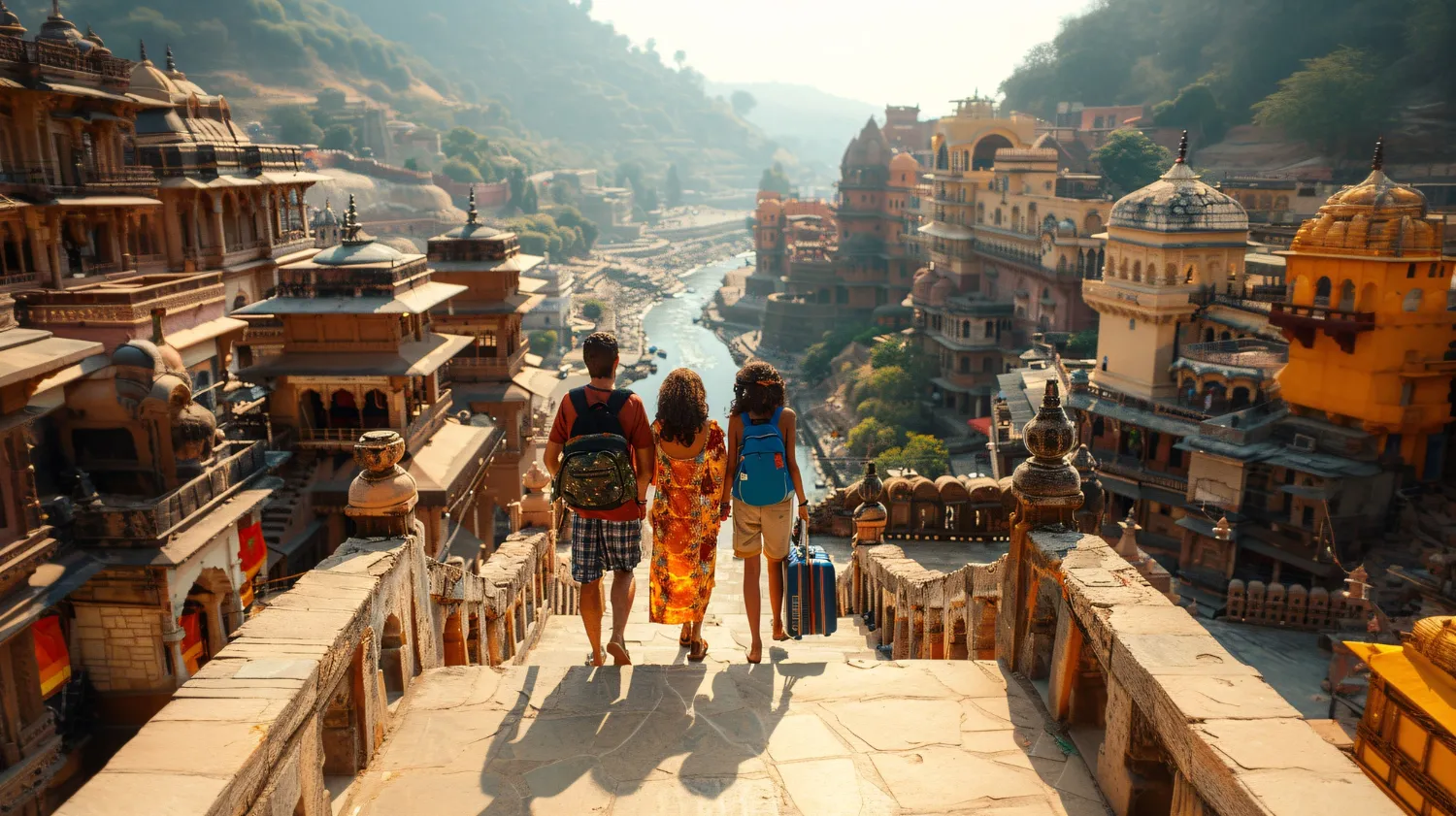
Weather
Location Map
Hampi
Latest Blog Posts
Latest News: Hampi Tourism | Hampi Temple Travel Guide | Explore Hampi's Historic Temples & Ruins
What Our Travelers Say
Real experiences from our valued customers
"Tirupati Balaji was a divine experience. Every detail of the trip was expertly arranged, making the pilgrimage hassle-free."
Sarah Miller (Sydney, Australia)
"Kashmir is truly heaven on earth! The beauty of Dal Lake and the warm hospitality made our trip unforgettable. Highly recommend the scenic houseboat stay!"
Priya Gupta (Delhi, India)
"Traveling to Rishikesh for the Ganga Aarti was a life-changing experience. Everything was taken care of—such a peaceful trip."
Sonia Shah (Jaipur, India)
"he Shirdi Sai Baba trip was absolutely wonderful! A great way to connect spiritually, and the logistics were flawless."
Priya Mishra (Chennai, India)
"A great trip to Dwarka. The serenity and spiritual vibes were unmatched. The whole experience was seamlessly organized."
Sumita Singh (Delhi, India)
"Visited India for the first time and the trip to Haridwar was amazing. Beautiful, peaceful, and well-coordinated."


